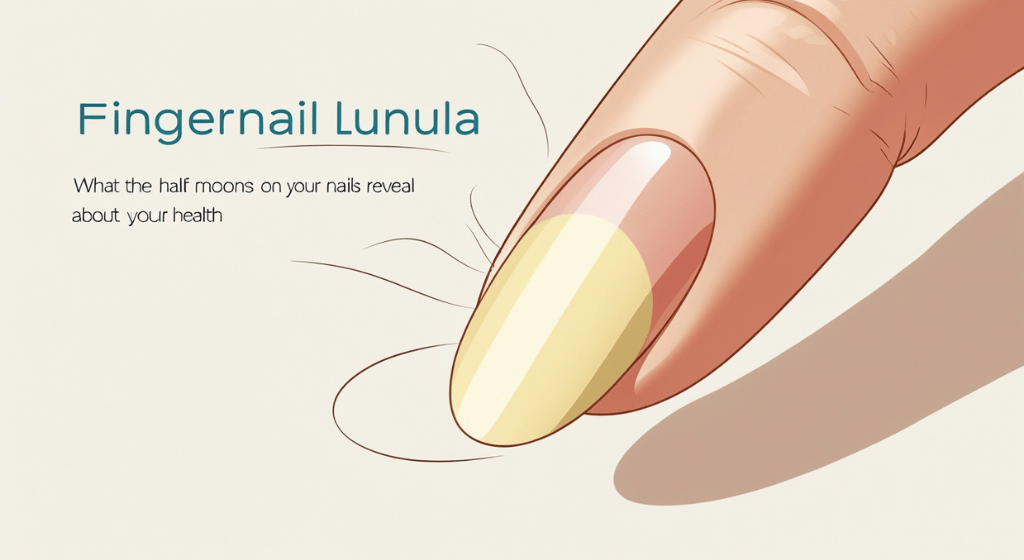Gum recession: everything you need to know
Receding gums are a health problem that causes pain and an embarrassing appearance. Several reasons can lead to receding gums, and treatment depends on diagnosing the disease to avoid complications.
Gum recession is a condition in which the gums recede from the surface of the teeth, exposing part of the tooth roots. This stagnation may be normal or indicate a health problem that needs to be treated to prevent the situation from getting worse.
Continue reading the article to learn more about receding gums:
Gum recession
Gums are pink tissue in the mouth that meets the base of the teeth and is dense. It has a good amount of blood vessels under a moist surface called the mucosa. Gum tissue is attached to the rest of the oral mucosa. The gums are also closely connected to the jaw, covering all the teeth up to the neck.
When the gums are healthy, they cover and protect the gum roots, but if there is tissue loss in the gums, gum recession occurs, exposing the tooth roots to bacteria and plaque, which can lead to tooth decay. corruption.
Causes of receding gums
Here are the main causes of receding gums:
1- Gum diseases
In bacterial gum disease, this destroys the gum tissue that holds the teeth in place.
2- Genetic factors
The chances of developing gum disease increase more than others if there is a family history of the disease.
3- Brush your teeth violently
Some people use a hard toothbrush or scrub their teeth too hard while brushing, which results in tooth enamel erosion and gum recession.
4- Not paying attention to cleaning teeth
Neglecting to brush, floss and use antibacterial mouthwash can also cause hard tartar to build up on the teeth, which can only be removed by professional cleaning, leading to receding gums.
5- Hormonal changes
Fluctuations in female hormone levels during puberty, pregnancy, and menopause can increase gum sensitivity and lead to various problems.
6- Consumption of tobacco products
Smokers are more likely to suffer from receding gums because smoking causes plaque to build up on the teeth, which is difficult to remove and can cause receding gums.
7- Teeth grinding and clenching
This is a bad habit that some people adopt and can put pressure on the teeth and cause them to recede.
8- Uneven teeth
When teeth are crooked or uneven, this can put pressure on the gums and bone, making them more susceptible to recession.
Symptoms of receding gums
Stagnation causes a range of symptoms, including:
Bleeding after brushing or flossing the gums.
Swelling and redness of the gums.
Bad odor in the mouth.
Pain in the gums.
The gums shrink significantly.
The ability to see the roots of teeth.
Teeth loosening.
Emerging complications
Receding gums can lead to tooth loss because there is not enough tissue to hold the tooth roots in place.
The doctor can remove some loose teeth before they fall out.
Treatments available
Treatment options include:
- Medicines
The doctor may prescribe treatments to preserve gum tissue and teeth, including:
Antibiotics.
Antimicrobial mouthwash.
Enzyme inhibitors.
- Surgery
In advanced cases, the doctor may resort to surgery to prevent further damage. During the surgical procedure, the doctor performs a deep cleaning of the tissues, in order to rid them of bacteria and tartar accumulation inside the gums.
The procedure consists of lifting the gums and then putting them back in place once the procedure is completed.
Ways to prevent gum recession
Some methods help in prevention, including the following:
Avoid excessive use of the toothbrush: It is recommended to avoid excessive brushing of the teeth; Because this can increase the risk of receding gums.
Maintaining oral health: The accumulation of plaque and tartar can lead to gum disease and possible gum recession, so attention must be paid to oral hygiene.
Visit the dentist regularly: especially if he is available



